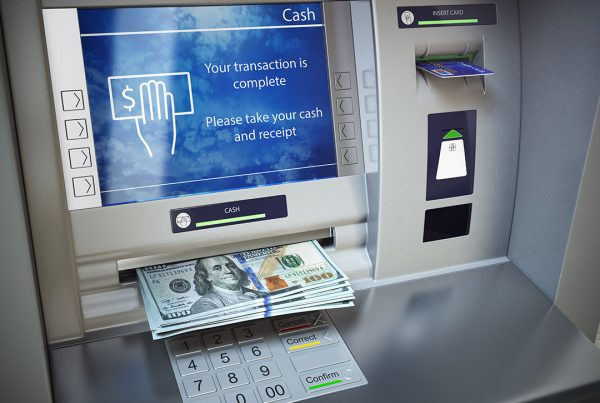Identity theft is the illegal use of an unsuspecting individual’s personal or financial information in order to assume their identity and make transactions or purchases. Identity theft is a growing crime that targets unsuspecting individuals of all ages and income levels on a daily basis.
How do They Get My Information?
There are many different methods that a thief uses to obtain your personal information. Following is a list of examples of some methods currently being used, but is not all inclusive:
Phishing: is an e-mail scam that pretends to be from their bank or retail establishment and attempts to steal their social security numbers, credit card numbers, user ids, and passwords.
Vishing: is a type of phishing in which an unsuspecting consumer is given a phone number to call in order to obtain personal information.
Skimming: A special device is used when processing your debit or credit transaction that illegally obtains your card number.
Pretext calling: The scam artist attempts to obtain your personal information from a bank or other retail establishment under false pretenses.
Dumpster diving: This is when your discarded trash is rummaged through with the intent of obtaining personal information, credit card numbers, or non-destroyed credit offers for illegal use.
Physical theft: This is perhaps the most common means of Identity Theft. Stolen or lost wallets and purses contain some of the most critical information such as name, address, phone numbers, debit/credit cards, social security cards, passports, and birth certificates.
Social engineering: the fraudster will scour through your social media pages to pick up any personal information that they can use to defraud you.
While the responsibility of protecting personal information is ours alone, it is our hope that the following information will be beneficial in assisting you in the event you become a victim.
What should I do if I suspect that I am a victim?
- If you suspect misuse of your personal information to commit fraud, take action immediately. Keep a record of all conversations and correspondence when you take the following suggested steps.
- Contact your financial institution(s) immediately to prevent further exposure to your accounts.
- Contact check verification companies or the bank to request that they notify retailers using their databases, not to accept stolen cheques.
- File a police report with your local police department.



